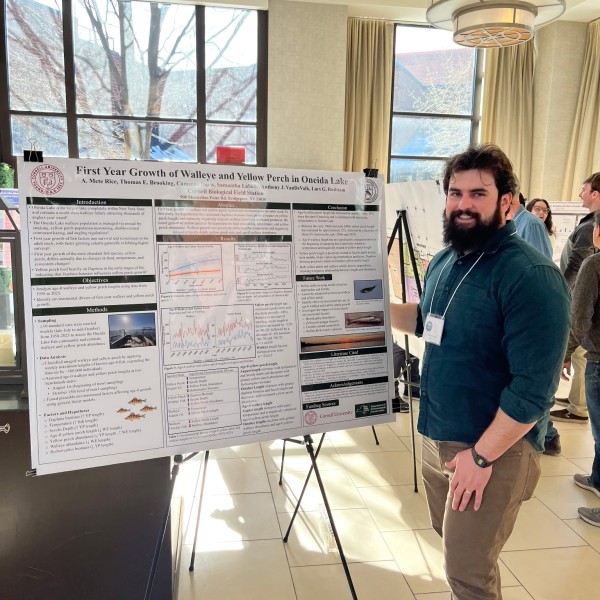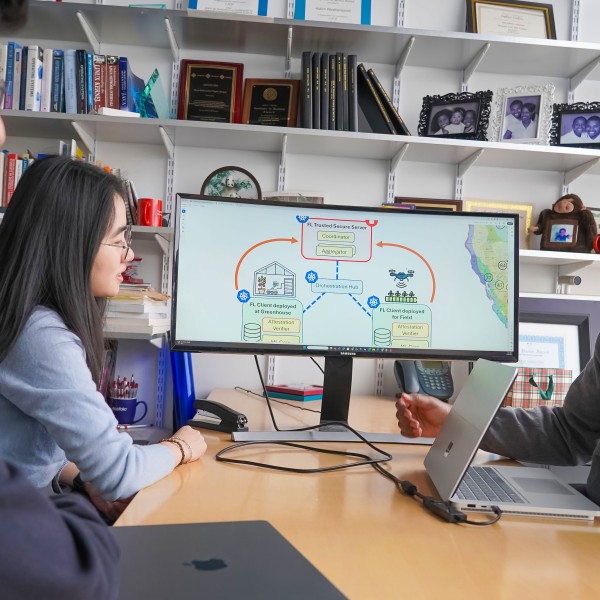For many a hungry shopper, the prepared foods section at Wegmans is a saving grace.
Already-cooked dishes offer fresh choices for shoppers in a rush to get home or just eager to take a break. But creating vegetable-based products like soups, sauces and pastes presented a challenge: how to keep prepared foods available to shoppers while ensuring a safe product.
In stepped the Cornell Food Venture Center (CFVC).
Food scientists at Geneva-based Cornell AgriTech, part of the College of Agriculture and Life Sciences (CALS), provided food safety and development expertise to ensure that the tons of food prepared each day remained safe and met the highest standard for quality.
“Vegetable-based prepared foods present a food safety risk if not handled correctly,” said Bruno Xavier, Ph.D. ’08, a food microbiologist and extension associate at the CFVC. “We worked with Wegmans to ensure that their food met the high-quality threshold they demand in their products without compromising safety.”
Collaborations with CFVC have supported Wegmans’ growth and the consistency of its product offerings. Wegmans’ deli operations, for example, rely on sandwich toppings prepared in bulk and shipped to stores across the chain. Bags full of fresh lettuce, tomatoes, onions and other additions are sent to stores to make thousands of sandwiches each day. CFVC established the food safety guidelines the company needed to handle and package those fresh foods at scale.
“We couldn’t have made that available to our shoppers without our collaboration with the Cornell Food Venture Center,” said Kathleen O’Donnell ’83, M.S. ’95, director of food science and regulatory affairs at Wegmans Food Markets.
O’Donnell started at Wegmans as a high school student, working in the bakery department at her local Buffalo store. Except for the years she studied at Cornell, she’s been at the company ever since. She can’t recall a time when Wegmans and Cornell were not collaborating on projects.







